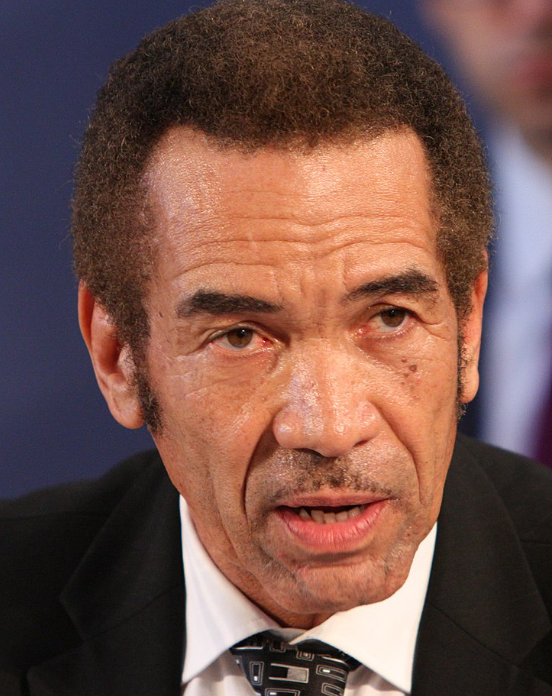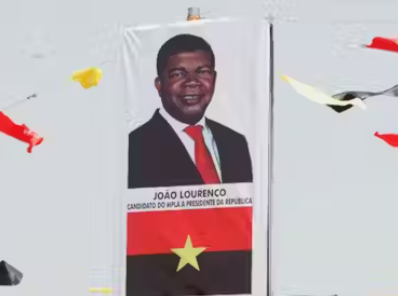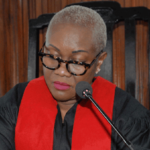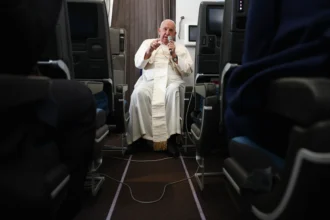Luanda, Angola – A planned conference of African opposition leaders in Luanda, Angola, has been thrown into disarray after Angolan authorities reportedly denied entry visas to several prominent figures slated to attend. The incident has sparked widespread condemnation and reignited concerns about democratic backsliding on the continent.
The conference, organized by “the country main opposition party UNITA and a coalition of civil society groups”, was intended to provide a platform for opposition leaders from across Africa to discuss strategies for promoting good governance, strengthening democratic institutions, and addressing socio-economic challenges.
UNITA said it had invited the politicians, including Tanzanian opposition leader Tundu Lissu, Mozambique’s Venancio Mondlane and Botswana’s former President Ian Khama, to a summit on democracy.
“The action of the Angolan government to prevent us from entering Angola is inexplicable and unacceptable,” Lissu said on X.
Reports indicate that leaders from of Uganda, Zimbabwe, Kenya have been barred from entering Angola. While the Angolan government has yet to issue an official statement explaining its actions, unnamed sources within the government cited “security concerns” and the potential for the conference to “destabilize the nation.”

However, critics argue that the move is a clear attempt to stifle dissenting voices and suppress any potential challenge to the ruling MPLA party, which has been in power since Angola’s independence in 1975.
“This is a deeply troubling development,” stated a representative of the organizing committee. “Denying entry to opposition leaders who seek to engage in peaceful dialogue and exchange ideas is a blatant violation of democratic principles and undermines the spirit of Pan-Africanism.”
International organizations, including Amnesty International and Human Rights Watch who have expressed concern, have also voiced their disapproval. “This action raises serious questions about Angola’s commitment to upholding fundamental freedoms of expression and association,” said a representative representing the International Organizations.
The incident comes at a sensitive time, with several African nations preparing for crucial elections. Critics fear that Angola’s actions could set a dangerous precedent, emboldening other governments to crack down on opposition parties and further restrict political space.
The conference is now expected to proceed in a significantly altered format, likely relying on virtual participation from those unable to enter the country. The long-term impact of Angola’s decision on regional democracy and its international reputation remains to be seen. Pressure is mounting on the Angolan government to provide a transparent explanation for its actions and to reaffirm its commitment to upholding democratic values.









